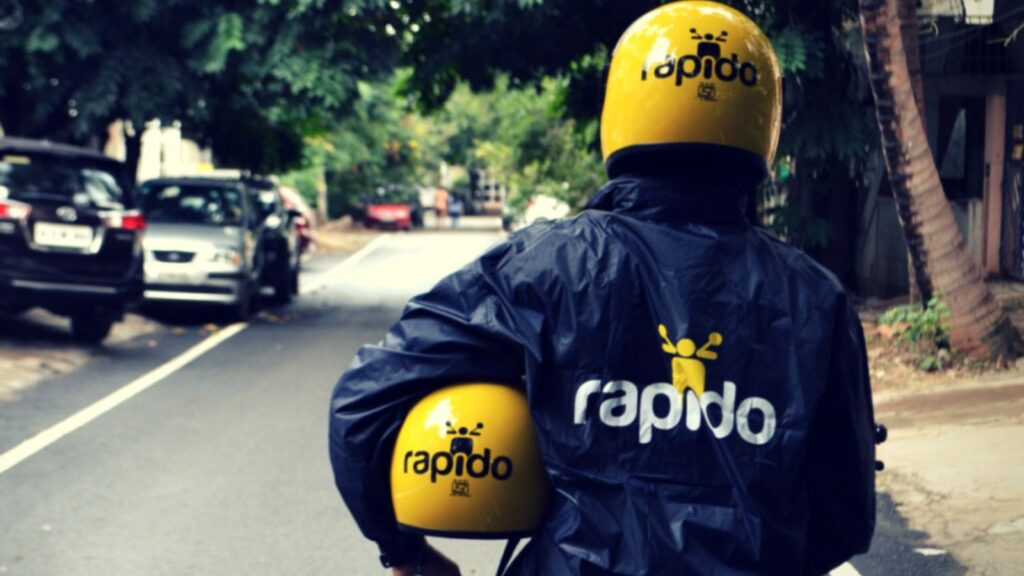Several bike taxi riders across Karnataka have launched an indefinite hunger strike demanding the withdrawal of the government’s ban on bike taxis. The protest, which has spread across cities such as Bengaluru, Mysuru, Mandya, Davangere, and Ramanagara since Sunday, is being led by the Bike Taxi Welfare Association, which has submitted an open letter to Chief Minister Siddaramaiah and Transport Minister Ramalinga Reddy.
In the letter dated June 27, the association appealed for a clear and inclusive regulatory framework, stating that the ban had stripped thousands of gig workers of their primary source of income. The letter noted that bike taxis had become a widely used last-mile mobility option in urban and semi-urban areas over the last few years.
“We are not asking for favours. We are asking to be heard,” the letter said, highlighting that many riders were now left without any livelihood options and were facing severe financial distress.
According to the association, a significant number of bike taxi riders are from economically weaker backgrounds–students, former daily-wage workers, and women who have returned to work post-pandemic. Riders claim that the flexibility and accessibility of the profession have made it a viable source of income in regions where formal employment opportunities are limited.
The protesters have questioned the rationale behind allowing two-wheelers for delivery services while penalising those offering passenger rides on similar vehicles. They argue that both fall under the gig economy and the Motor Vehicles Act, and have called the current policy stance inconsistent.
“There is no clarity on why passenger transport by bike taxis is treated differently from delivery services. We are ready to comply with rules but need a fair framework,” said the association in its letter.
The ban on bike taxis in Karnataka has led to enforcement actions and vehicle seizures by transport department officials. Some riders allege they have been fined and harassed and that repeated appeals to the government have gone unanswered.
Story continues below this ad
The association has warned that unless the government engages in dialogue with stakeholders and comes up with a workable solution, the protest will continue.
“A policy that includes voices from the ground will be better informed and practical,” the letter stated.
‘Monopoly of existing operators’
Meanwhile, the counsel representing two bike owners in a case challenging the Karnataka High Court order to suspend bike taxi operations argued last week that refusing to register vehicles as transport vehicles or issue contract carriage permits for motorcycles would create a monopoly for existing operators.
“By refusing to register vehicles as transport vehicles or issue contract-carriage permits for motorcycles, the state is effectively denying citizens their right to carry on a lawful business. This creates a monopoly for existing operators and stifles competition, contrary to the Motor Vehicles (MV) Act’s liberal objectives. The market should determine viability through demand and supply, not state intervention,” argued senior advocate Dhyan Chinnappa before a bench of Justices Kameswar Rao and C M Joshi.
Story continues below this ad
In April, the Karnataka High Court ruled that bike taxis cannot be permitted to operate without proper notification of guidelines under section 93 of the Motor Vehicles Act. With the order coming into effect on June 16, aggregators Rapido, Uber, and Ola have stopped bike taxi operations in the state.


